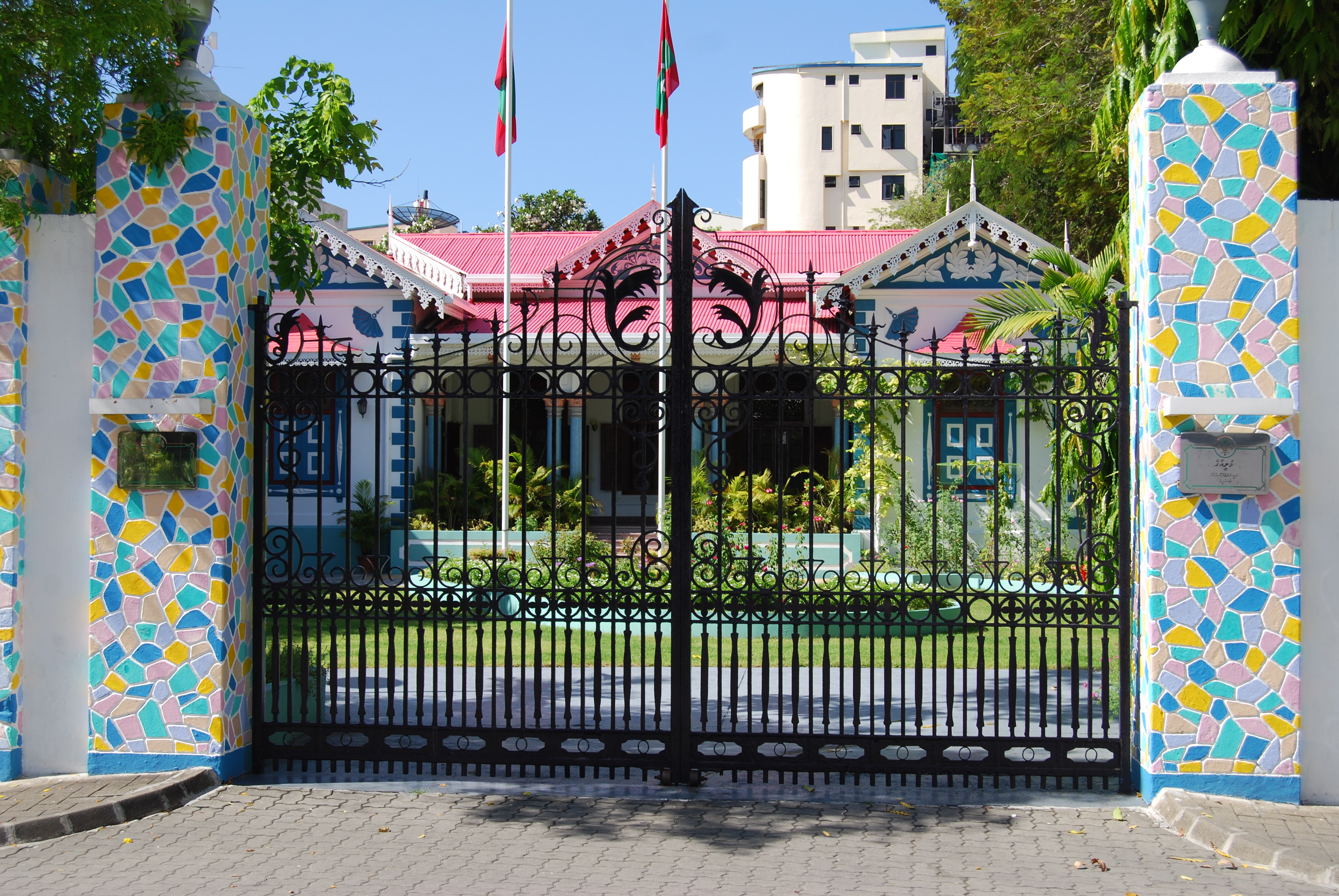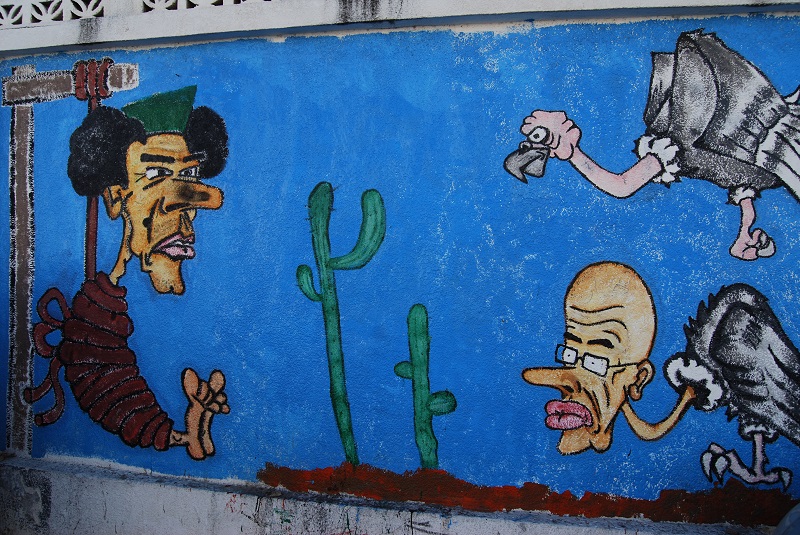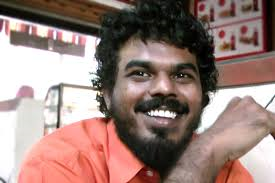Paranoia in paradise? Or release Nasheed . . .
WATCHING from many thousands of miles away in Britain, it is hard to make sense of the ins and outs of the latest troubles in the Maldives.
Was a bomb responsible for the explosion on President Yameen Abdul Gayoom’s boat in late September or not? The government seems to think ‘yes’, independent investigators from America’s FBI say ‘no’.
Whatever the cause, the result of the explosion – which sadly caused minor injuries to the president’s wife and a bodyguard – is that around 24 hours ago President Gayoom declared a 30-day state of emergency in the Indian Ocean country.
His decision is believed also to have been swayed by the discovery at the end of October of a “cache” of rusty weapons sunk in bin bags secured by rocks by the harbour entrance to the island of Hibalhidhoo on Baa Atoll. Then came the apparent uncovering of a bomb near the presidential palace on Male, the island’s capital, on Monday.
In the midst of this seeming skulduggery, the country’s vice-president, Ahmed Adeeb has been arrested and detained in connection with an alleged plot to assassinate the president. For good measure, the defence minister and police chief have also been sacked.
The “bomb” on the boat, the rusty guns in bin liners and the “defused bomb” by the presidential palace have combined to bring the country to its knees: a “state of emergency” in the world famous tourist destination – so popular with honeymooners.
It just so happens that there is to be an anti government protest tomorrow, organised by the Maldivian Democratic Party. The protesters are calling for the jailed ex-president of the Maldives, Mohamed Nasheed, to be released from prison.
Nasheed is serving a 13-year sentence on what is widely regarded as a trumped up terrorism charge designed to sideline him from politics. Amnesty International, various world leaders, influential people in the tourism industry including airline tycoon Richard Branson, US Senators, and so on have called for his release. Nasheed is now being represented by the widely respected human rights lawyer Amal Clooney.
What a mess.
During the current state of emergency, the security services have extra powers to tackle those considered a threat to the nation, while regular human rights are suspended. What exactly the latter means is unclear, and being so, the powers of the police and soldiers have become stronger still.
The “bomb” on the boat, those rusty guns, and the mysterious “defused bomb” have given President Yameen Abdul Gayoom the green light to let his strongmen do (just about) as they please when the pro-democracy protesters hold their rally.
To reiterate, President Yameen Abdul Gayoom has just arrested his vice-president, and got rid of his defence secretary and chief of police. This is after jailing his main political opponent – to the incredulity and outrage of the world.
I may be many thousands of miles away, but having developed an interest in the Maldives during the writing of a travel book about the country as well as a deep affection for its beautiful islands and rich culture, it seems abundantly clear that paranoia is now well-established at the top.
The state of emergency, with troops in camouflage uniforms yielding guns, will have a terrible effect on tourism. Chinese holidaymakers – increasingly important to the Maldivian economy – in particular do not like such things. European tourists are waking up to the situation now that figures such as Clooney and Branson are speaking out. The state of emergency just draws attention to the deteriorating situation.
Matters have truly come to a head. If there is violence and bloodshed tomorrow – unfortunately quite possible when a leader is losing his grip and handing extra powers to his military – the Maldives could well be tipped into “no go” territory, taken off the holiday map. Once overseas foreign ministries start advising against visiting a country on the grounds of instability, the hotel and white sand beaches game is up.
Foreign tourists are fickle . . . just look at what might be about to happen to the already beleaguered tourism industry in Egypt following the crash of a Russian plane this week, quite possibly due to an on-board bomb.
President Yameen Abdul Gayoom would seem to have one last chance. And that chance happens today. By releasing the ex-leader Mohamed Nasheed he would at one fell swoop bring international praise. By calling for an election to sort out the current muddled politics (the country’s last presidential election was murky with votes believed to have been “bought”), further plaudits would come.
Tourism, responsible for half of the nation’s GDP, would be secured.
From talking to Maldivians – many of whom have expressed deep sadness over latest events – and by following what is happening on the internet, it seems clear that big, positive decisions need to be made – and soon.
What the honeymooners by their infinity pools are thinking right now it’s hard to imagine, beyond: ‘Maybe we should have gone to Mauritius.’ The president could change this by squaring up to the reality of the situation. The freeing of Nasheed and a new election, as one Maldivian contact says to me, would seem to be the only way to go.
The president’s palace on Male, capital of the Maldives:




